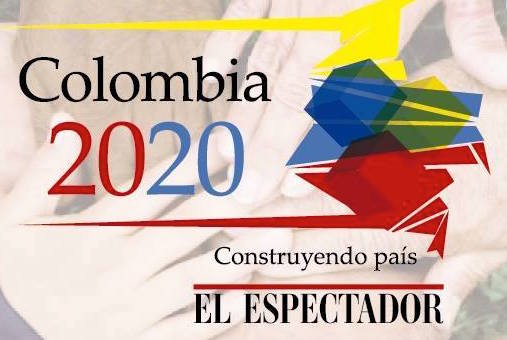Leiderman Ortiz, editor of the newspaper La Verdad de Pueblo, was unharmed but is fearful for his life after the grenade damaged the front of his home in Caucasia, Antioquia, El Tiempo and El Mundo report.
Police authorities say they'll investigate charges that members of an anti-riot squad in Cali (western Colombia), beat reporters and photographers who were covering a Labor Day protest, RCN radio reports.
Óscar Rubio Cárdenas, 75, was killed in his apartment in Bogotá, apparently by two people who attempted to rob him, EFE reports.
The “Newsroom Council” (Consejo de Redacción—CDR) will hold its 3rd annual Investigative Journalism Meeting from April 30–May 1, 2010, in Bogotá.
Arsenio Zambrano Ocampo, a well-known independent photographer, died last week after he was stabbed in his home in Ibagué, in Tolima department, the Colombian Federation of Journalists (Fecolper) reports. Citizens and colleagues were shocked by the news, El Tiempo says.
Mauricio Medina, founder of a community radio station for the Pijao indigenous people, was stabbed more than 20 times at his home Sunday in Ortega, Tolima (central Colombia), Reuters reports (Spanish). See a story in English by Colombia Reports.
The closure of Cambio news magazine and the termination of its two top editors are described by its owner, El Tiempo publishing group, as an economic decision, but the dismissed editor-in-chief and managing editor believe political motivations were at play. See this story in English by Colombia Reports.
In a diplomatic offensive against the Revolutionary Armed Forces of Colombia (FARC), Foreign Minister Jaime Bermúdez warned that the diffusion of videos by the rebel group represent an "apology for organized crime and terrorism," the AFP news service and Radio Caracol report (in Spanish).
To investigate the unpunished assassination of Guillermo Cano, who was shot by hitmen 23 years ago in Bogotá outside the offices of his family's newspaper, El Espectador, a team of Colombian journalists have produced this excellent multimedia report: 23 Years of Impunity and Silence.

Pacifista and Colombia 2020 are two informative projects that share the objective of fulfilling a pedagogical role, combining the explanation of news related to peace issues with a judicious analysis of the context.
Journalist Claudia Julieta Duque announced that she will suspend her participation in the criminal proceedings in the case for her persecution and psychological torture.

Javier Córdoba Chaguendo was running a music program on Planeta Stereo radio in Llorente in the department of Nariño on Friday night when a man entered the studio under the pretext of buying radio advertising space, El Colombiano reported.